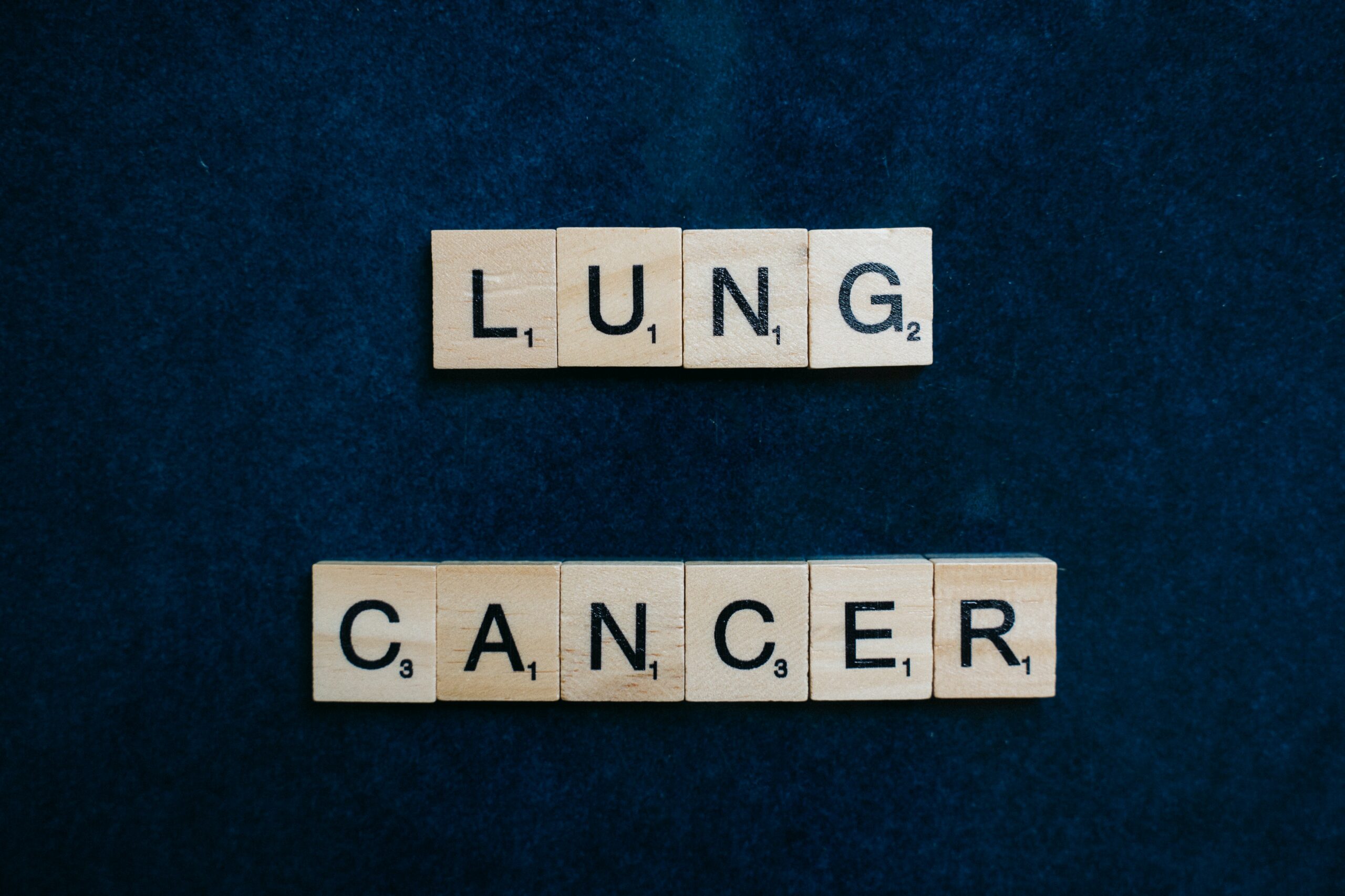
22 Nov Understanding lung cancer symptoms is vital
Posted at 17:01h
in Cancer
Determining early signs of lung cancer is key
Lung cancer is a type of cancer that begins in the lungs.
Lung cancer is the leading cause of cancer deaths worldwide.
People who smoke have the greatest risk of lung cancer, though lung cancer can also occur in people who have never smoked. The risk of lung cancer increases with the length of time and number of cigarettes you’ve smoked. If you quit smoking, even after smoking for many years, you can significantly reduce your chances of developing lung cancer.
Lung Cancer Symptoms
Like many cancers, lung cancer doesn’t cause symptoms in its early stages. That’s why it’s often diagnosed once it has already advanced. If symptoms do occur, they might include:
- A new cough that doesn’t go away
- Coughing up any amount of blood
- Shortness of breath
- Chest pain
- Bone pain
- Headache
- Hoarseness
Major Risk Factors
- Smoking. Your risk of lung cancer increases with the number of cigarettes you smoke each day and the number of years you have smoked. Quitting at any age can significantly lower your risk of developing lung cancer.
- Exposure to secondhand smoke. Even if you don’t smoke, your risk of lung cancer increases if you’re exposed to secondhand smoke.
- Previous radiation therapy. If you’ve undergone radiation therapy to the chest for another type of cancer, you may have an increased risk of developing lung cancer.
- Exposure to radon gas. Radon is produced by the natural breakdown of uranium in soil, rock, and water that eventually becomes part of the air you breathe. Unsafe levels of radon can accumulate in any building, including homes.
- Exposure to asbestos and other carcinogens. Workplace exposure to asbestos and other substances are known to cause cancer — such as arsenic, chromium and nickel — can increase your risk of developing lung cancer, especially if you’re a smoker.
- Family history of lung cancer. People with a parent, sibling or child with lung cancer have an increased risk of the disease.
Eastern Oregon Cancer Institute wants you to know that we are always here for you!

